When you see others achieving 4-minute miles with new tools while you're stuck at 8 minutes making excuses, you don't have a tool problem, you have a skill issue.
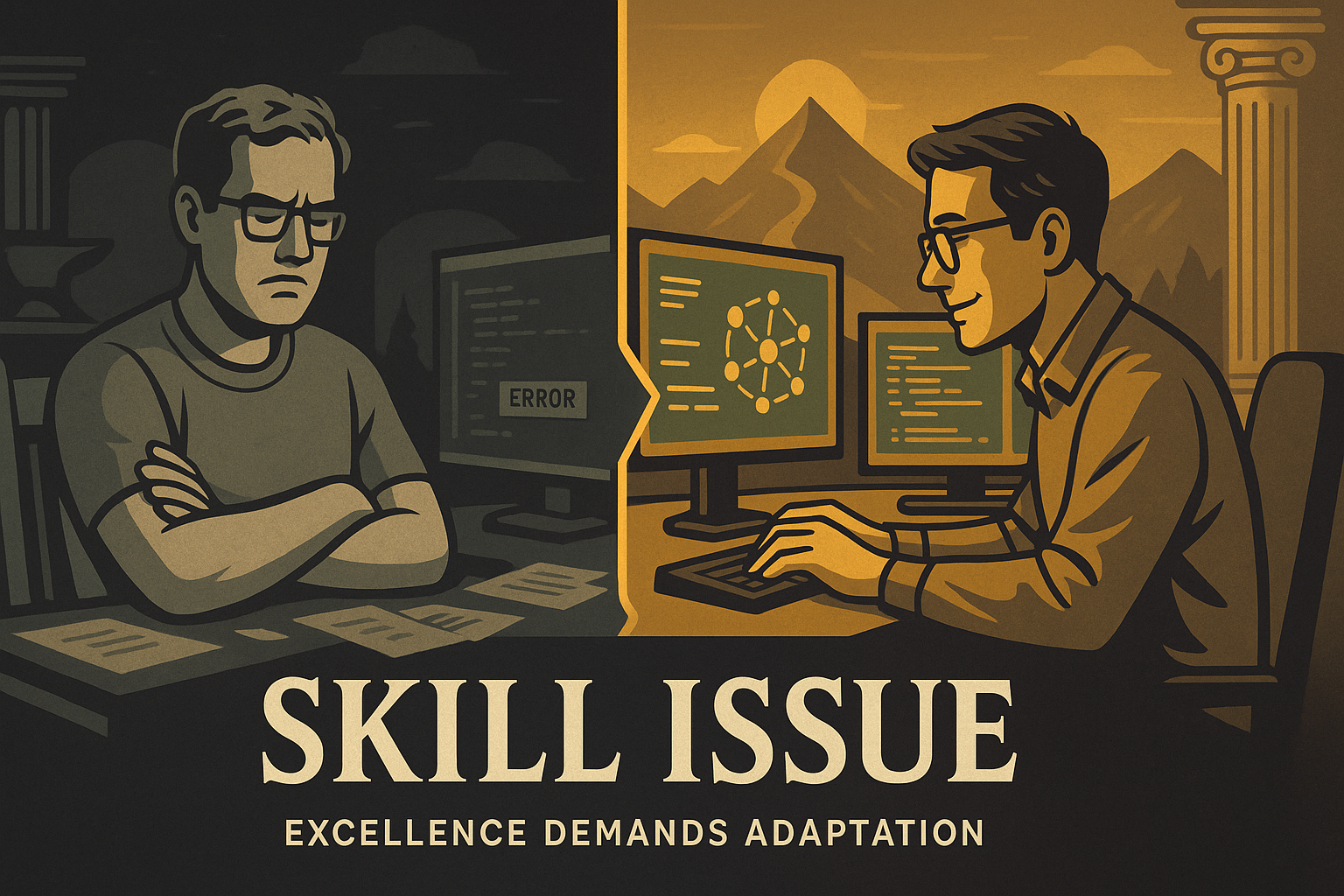
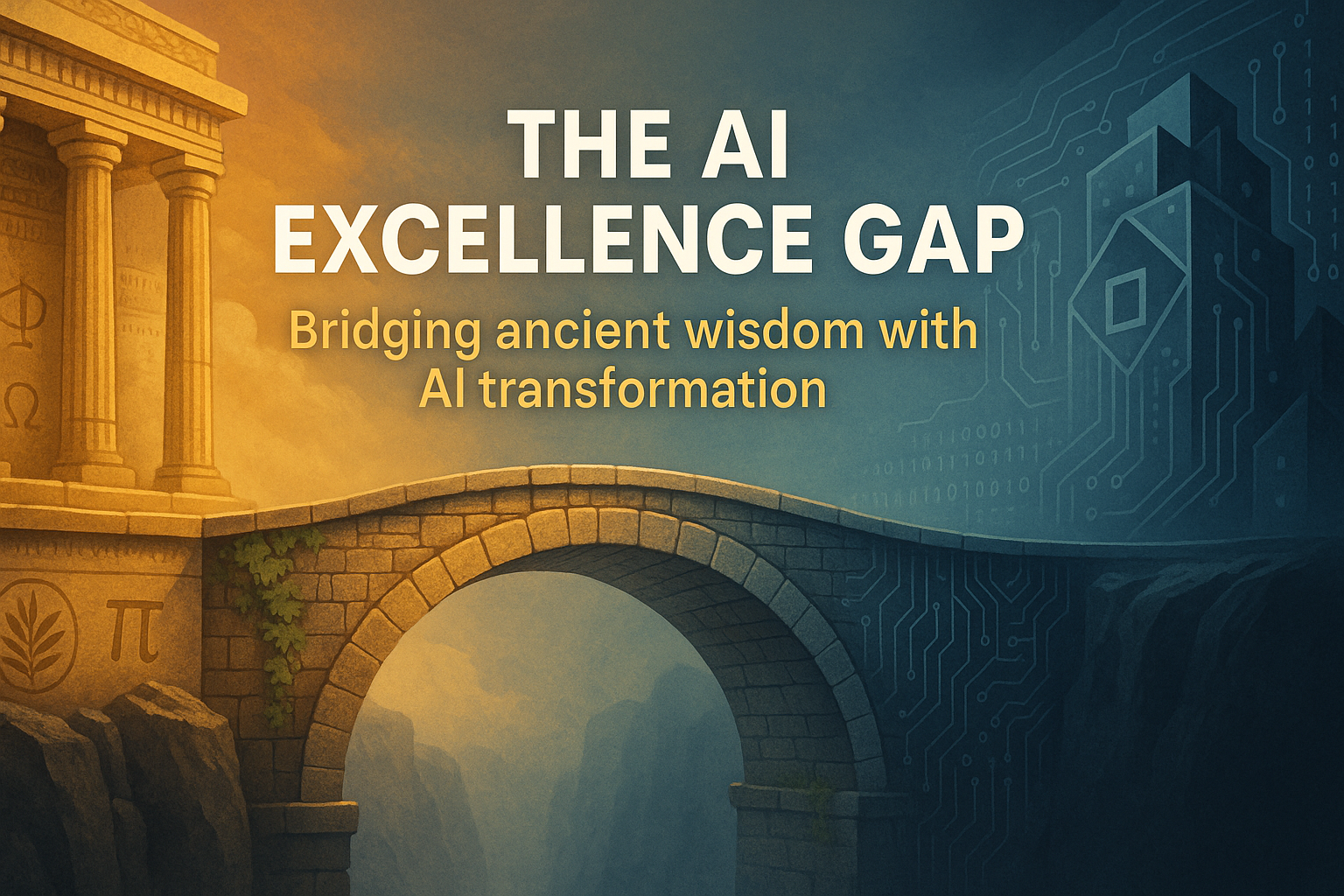
Navigate the AI revolution with practical wisdom and strategic thinking
When you see others achieving 4-minute miles with new tools while you're stuck at 8 minutes making excuses, you don't have a tool problem, you have a skill issue.

The speed at which you can absorb, process, and apply new information becomes the ultimate edge in today's fast-paced world.
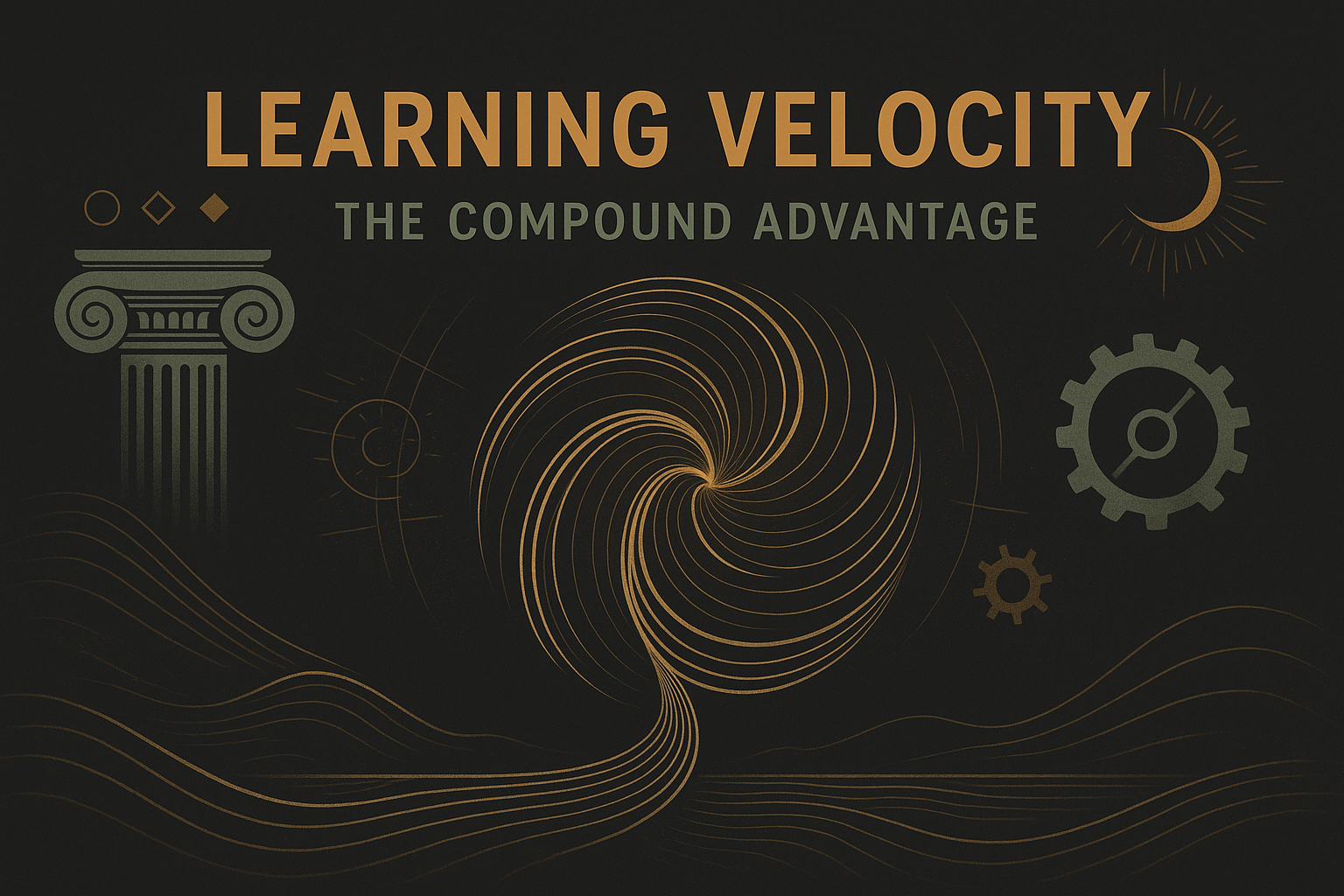
In the AI age, your expertise might be your biggest liability. Here's why flexibility beats depth, and how to build your adaptation advantage before it's too late.
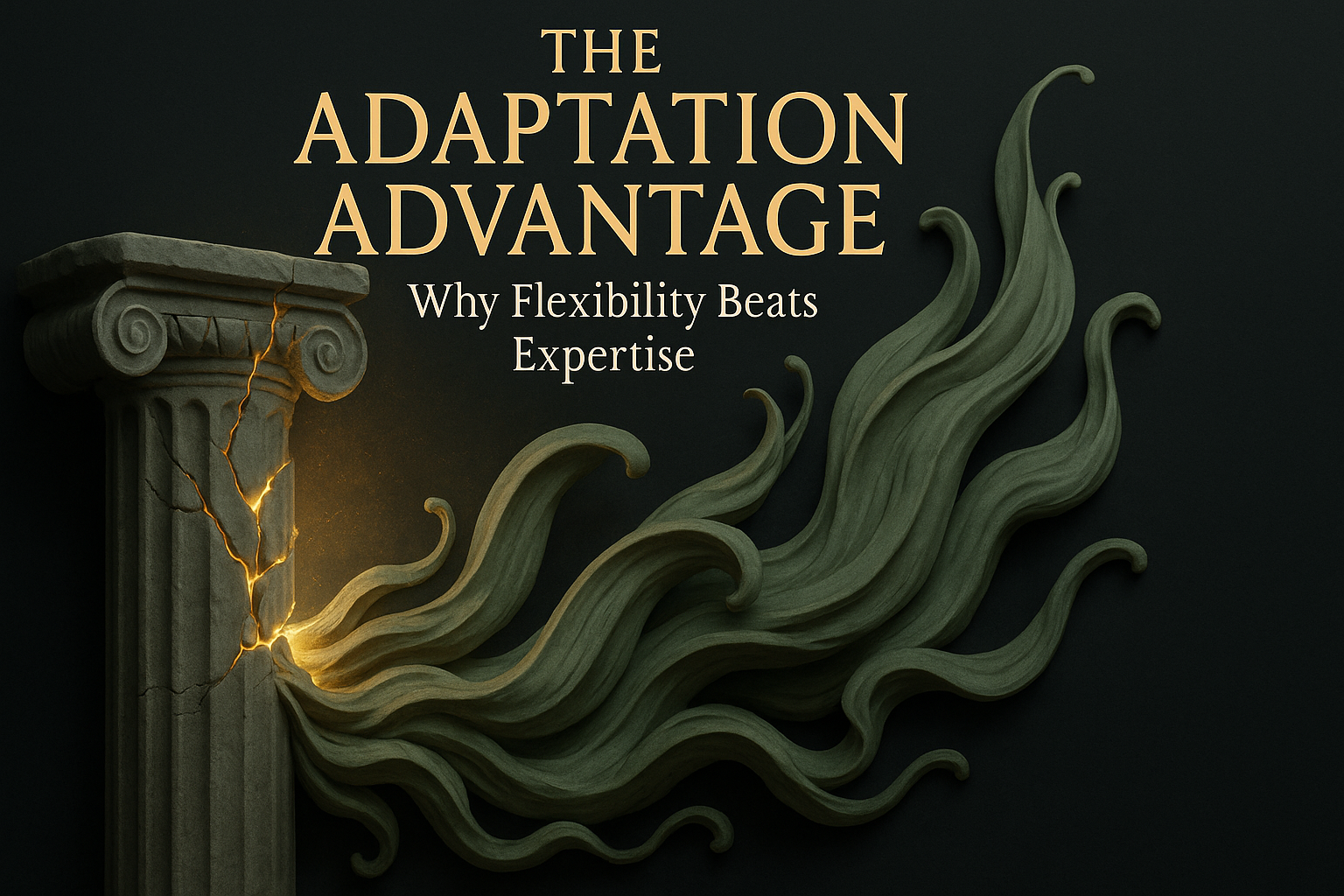
Just as literacy transformed society, AI fluency is becoming the fundamental skill that separates those who thrive from those who struggle in the modern workplace. It's not about coding, it's about thinking.
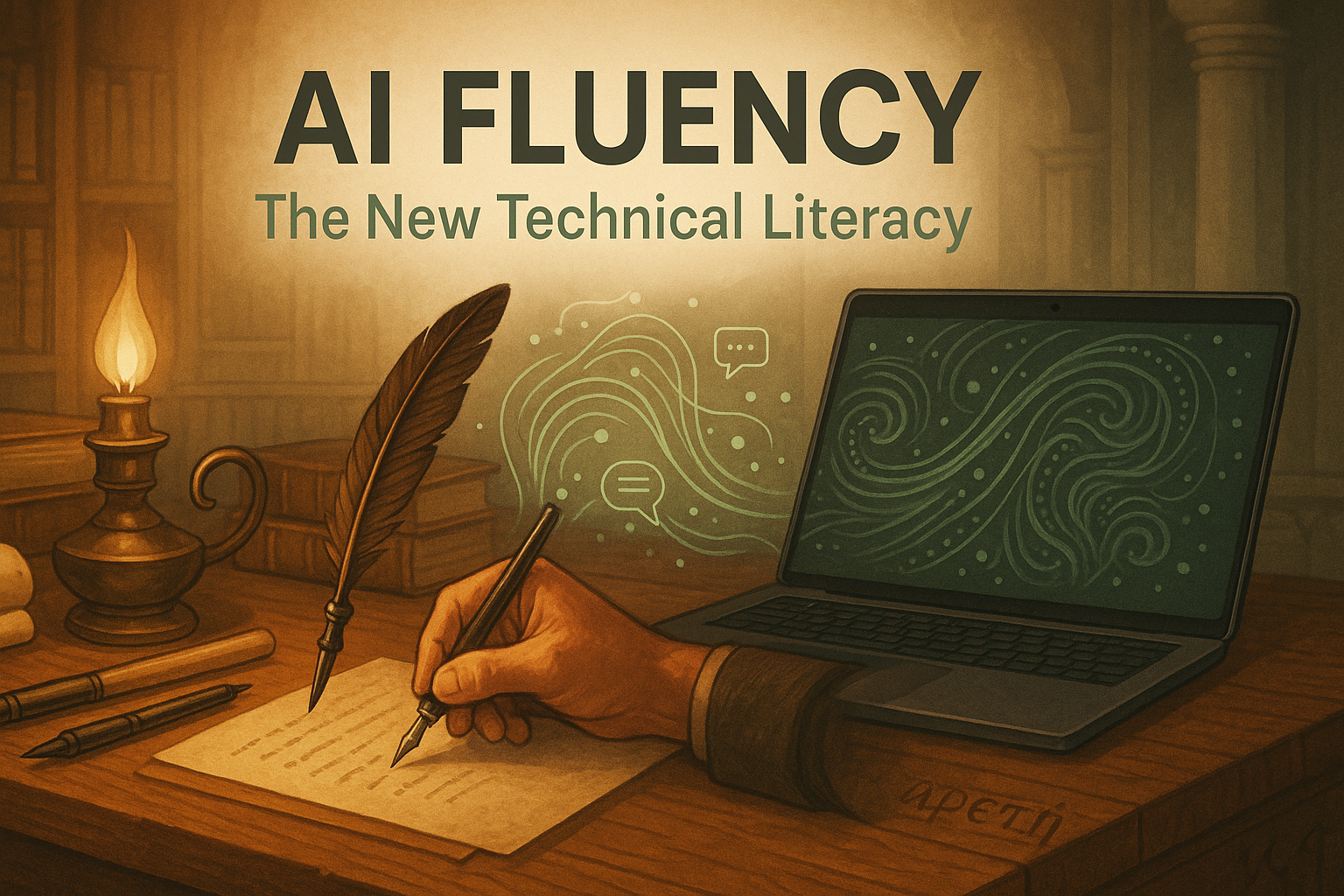
The future belongs to leaders who can build teams that don't just use AI tools, but think AI-first. This requires a fundamental transformation in how we hire, develop, and structure technical teams.
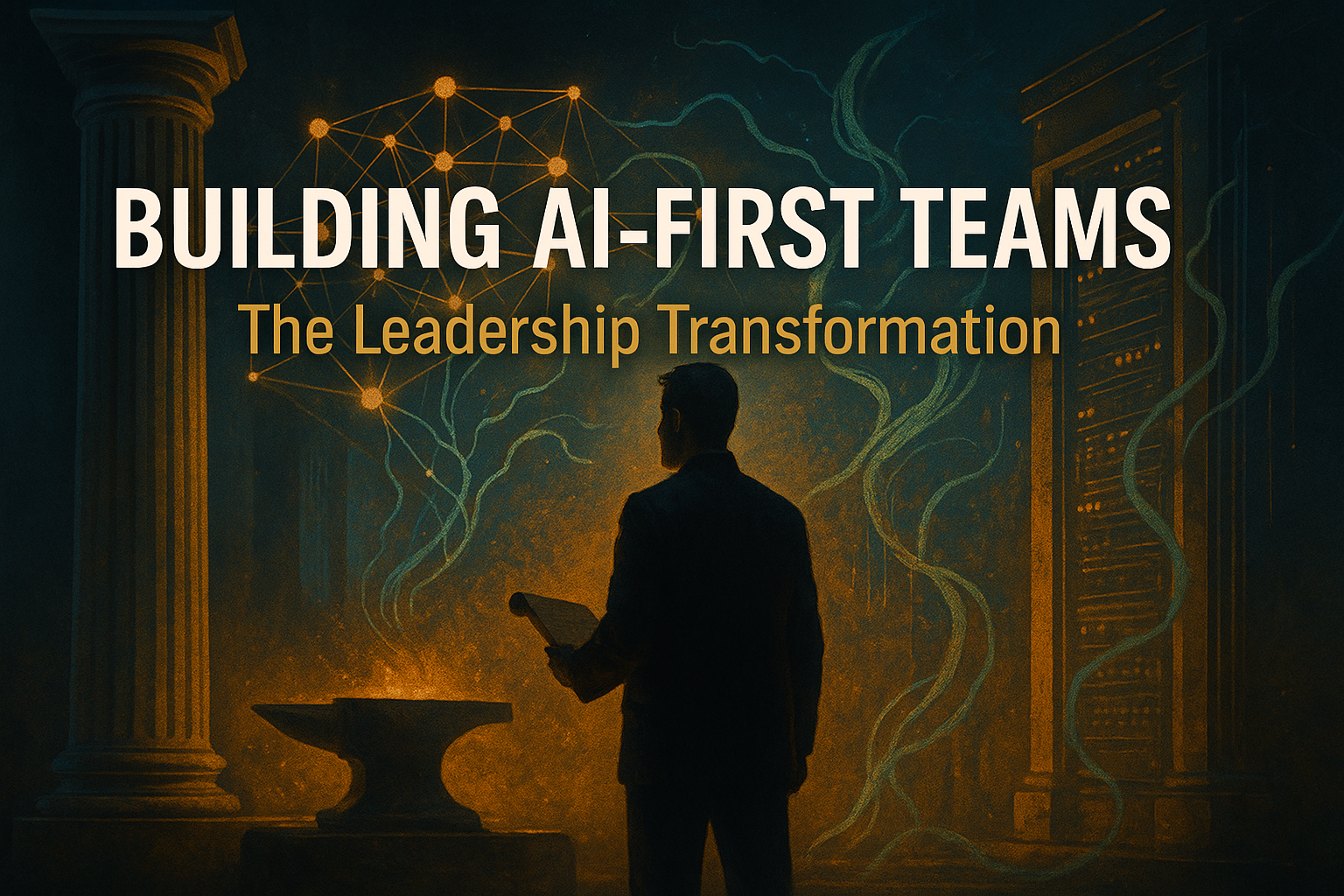
Excellence of function. Not achievement or outcome, but becoming excellent through consistent act...
Practical wisdom. The capacity to discern the right action in specific situations, particularly k...
Self-legislation and the capacity to govern oneself according to one's own rational principles ra...
The systematic knowledge and skill required to produce something well—craft, art, or applied expe...
It's the widening performance divide between AI‑fluent professionals and teams and those operating with pre‑AI habits. The gap is driven by learning velocity, adaptation, and AI‑first thinking—not access to tools.
Technical leaders, engineering managers, and senior ICs who want practical ways to integrate AI, build AI‑first teams, and develop the character and judgment to lead transformation.
How to develop AI fluency, increase learning velocity, avoid the expertise trap through adaptation, and build AI‑first teams that create durable competitive advantage.
Redesign one recurring task end‑to‑end with AI assistance. Measure time‑to‑first‑output, quality, and iteration speed. Improve weekly—results compound.
Learning velocity is how quickly you absorb, apply, and get feedback on new skills. Improve it with bias toward action, tight feedback loops, pattern connection, and ruthless prioritization.
Flexibility outperforms static knowledge in fast change. Use ADAPT: Assess shifts, Detach from old methods, generate Alternatives, Prototype quickly, and Transform your practice based on results.
AI fluency is practical wisdom in human‑AI collaboration: conceptual understanding, interaction mastery, integration thinking, quality judgment, and ethics. Expertise is deep tool knowledge; fluency drives outcomes.
Shift leadership from expert to orchestrator and implement NATIVE: New mental models, Adaptive structures, Trust and autonomy, Iterative learning, Value creation, and elevated Excellence standards.
Track cycle‑time reduction, time‑to‑first‑implementation, quality defect rates, number of parallel hypotheses tested, and the percentage of work shifted from routine tasks to creative and strategic work.
Tool dumping without workflow change, micromanaging AI interactions, treating AI as replacement instead of augmentation, skipping quality judgment, and failing to measure improvement.
1) The Skill Issue, 2) Learning Velocity, 3) The Adaptation Advantage, 4) AI Fluency, 5) Building AI‑First Teams.
AI replaces parts of routine cognitive work. Value shifts to judgment, system design, and human‑AI orchestration. Those who adapt become more valuable, not less.
This series is part of a comprehensive approach to excellence and human flourishing. Get systematic frameworks and practical tools for transformation.
Distinguishing genuine self-optimization from elaborate avoidance strategies
Beyond vibe coding to systematic AI-first product development philosophy